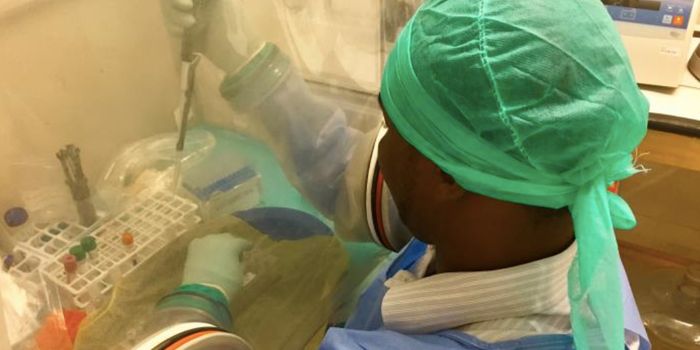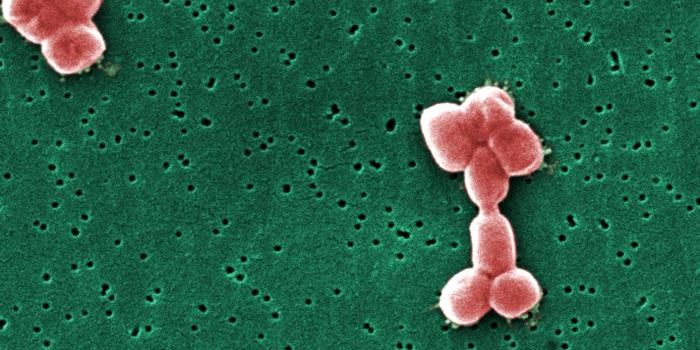WHO Data Suggests Remdesivir Has No Effect on COVID-19 Infections
While the study has not yet been peer-reviewed, an international consortium has come to the conclusion that the antiviral drug remdesivir has little or no benefit for hospitalized COVID-19 patients. The study followed 11,266 adult patients in 405 hospitals in thirty countries. Of this group, 2,750 were treated with remdesivir, 954 received hydroxychloroquine, others received a drug treatment used for HIV, and just over 4,000 others were not given any of these medications.
The study assessed whether the drugs had any impact on mortality, when the patients needed ventilation, and the length of hospitalized patients' stays. In a statement, the World Health Organization (WHO) noted that the research did not assess whether any of these drugs have a preventive effect or might be useful for people that are not hospitalized.
This study confirms others that have indicated that hydroxychloroquinine has no beneficial effect.
Previous work has indicated that remdesivir can benefit patients that are on ventilators but not mild cases; in other words, the patient's condition has to be dire for remdesivir to work, according to other findings.
In a statement, the maker of remdesivir, GIlead, pushed back against WHO's data.
"The emerging data appear inconsistent with more robust evidence from multiple randomized, controlled studies published in peer-reviewed journals validating the clinical benefit of Veklury (remdesivir). We are concerned that the data from this open-label global trial have not undergone the rigorous review required to allow for constructive scientific discussion," Gilead said.
Earlier this year, the National Institutes of Health reported that a clinical trial involving patients hospitalized with COVID-19 and treated with remdesivir had shown positive results, but those benefits were modest. The trial suggested that patients on remdesivir would recover within around eleven days compared to fifteen days for people taking a placebo. The work also indicated that it may reduce mortality; 8.0 percent of people on remdesivir died, while 11.6 percent on placebo died. However, the trial was criticized for not including a diverse cohort of participants.
The NIH is currently conducting a study to investigate whether remdesivir plus interferon beta-1a is effective at treating COVID-19.





![Master Lab Weighing: Accuracy, Compliance & Audits [eBook]](https://d3bkbkx82g74b8.cloudfront.net/eyJidWNrZXQiOiJsYWJyb290cy1pbWFnZXMiLCJrZXkiOiJjb250ZW50X2FydGljbGVfcHJvZmlsZV9pbWFnZV85MWRmZmRjMDIwNDBlMWJjMzYwN2ZiYWY2ZjI4ZGMzYzBmZGMwZGMyXzkxOTcucG5nIiwiZWRpdHMiOnsidG9Gb3JtYXQiOiJqcGciLCJyZXNpemUiOnsid2lkdGgiOjcwMCwiaGVpZ2h0IjozNTAsImZpdCI6ImNvdmVyIiwicG9zaXRpb24iOiJjZW50ZXIiLCJiYWNrZ3JvdW5kIjoiI2ZmZiJ9LCJmbGF0dGVuIjp7ImJhY2tncm91bmQiOiIjZmZmIn19fQ==)



